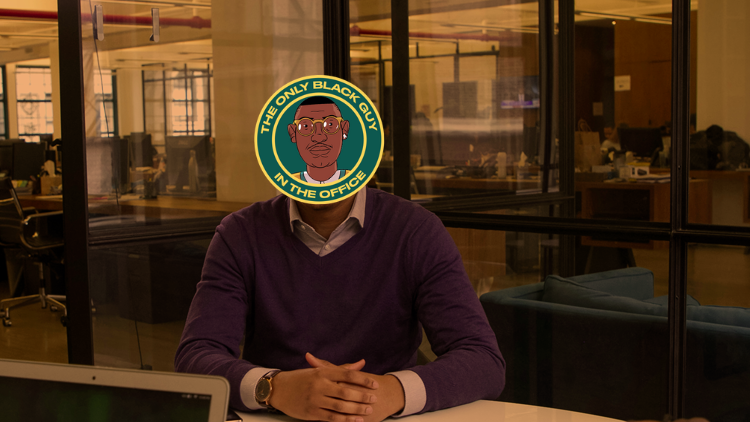I was 30 minutes into a screening call with a hiring manager when things got weird. But this time, I saw the power play coming.
I’ve been through so many of these calls that they’re more predictable than a Tyler Perry plot. They start with small talk about the weather or “exciting” weekend activities. I recite my 90-second mini bio, walk through my resumé bullets, and listen for red flags (see: vague roles, use of the word “family” that doesn’t describe actual kinfolk). Just when it seems we’re wrapping up, the part I dread most shows up: the money question.
“Before you go, can you share your salary expectations?”
I love “Boots on the Ground,” but I hate this dance.
Younger me used to get tripped up, blurting out a “safe” number that’s low enough to stay in the running, but far below what I knew I deserved. It took me years to learn the jig: Some companies know exactly what they’re willing to pay but still ask you to guess, like you’re appraising a speedboat on The Price Is Right. Go too low, you undercut yourself. Go too high, you risk a polite rejection email.
After my most-recent two-step, I decided I’m done playing that game. If a job posting doesn’t advertise the position’s salary range, I don’t apply.
Part of that confidence comes from a rules shift. Wage transparency laws are still new. California started in 2018 by banning invasive salary-history questions that often reinforced pay gaps. Colorado raised the stakes in 2021 by forcing employers to post pay ranges to protect applicants from lowballing. My native Washington state and a handful of others followed. That’s progress — but only if the job you’re applying for is in one of those states.
For me, these rules make local interviews less shady. But when pursuing remote gigs that lack these protections, I’m taken right back to those early career missteps where I failed to keep my playing cards concealed.
Even with pay transparency becoming the norm, some suspect companies list absurd ranges. They claim they’re considering a wide range of experience levels, but it looks hella sketchy to me. I saw one posting that claimed the salary could be anywhere between $60,000 and $180,000. Thank you for that incredibly helpful insight. Hard pass.
Job hunting is a full-time hustle: scrolling boards; tweaking your resume for the twelfth time; rushing to apply before the avalanche of résumés roll in; surviving the gauntlet of Zoom, phone, and panel interviews. That’s hours of unpaid labor. The least an employer can do is tell me upfront what the hell a “competitive” salary is.
If we’re keeping it real, employers that withhold this information while pressing candidates to reveal their expectations are keeping the deck stacked against marginalized applicants. For Black folks like myself, wage and information gaps can make under-asking more likely, which keeps the cycle going.
This brings me back to that awkward moment with the hiring manager. Asked what I wanted to make, I answered honestly: I needed more details about the day-to-day before I could price my talents. The manager said the budget wasn’t settled yet, and we moved on. I hung up proud that I didn’t fold, but also convinced I’m done vying for jobs that treat salary like a guessing game.
If you want a mystery solved, call Scooby-Doo and the gang. I just came here to work.
